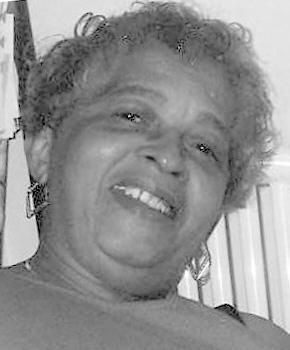


Like Sylvia Plath, her death was by her own hand unlike her, she took her four-year-old daughter with her. Six years after the relationship began Assia Wevill died in an anonymous flat in London, aged only forty-two. They have good source material.Īs seductive, ruthless and desirable as he (yet far more vulnerable), Wevill lived on and off with Hughes after Plath’s suicide, bore him a daughter, Shura, and inspired much of his finest work of the late sixties, notably the sequence of poems he published as Crow. Koren and Negev have risen admirably to the gauntlet thrown down by the fictional Ellen on behalf of her real-life counterpart: Assia Wevill, damned as a succuba, a home-wrecker, Ted Hughes’s “Lilith of abortions”. “Write me, write me, not them.” Somehow the mystery and allure of this fatal triangle has ensured that a woman whose life would not normally be considered biographical material remains of interest to readers. But the unnamed narrator is haunted by a voice that whispers: “Write me, write me, not them.” The words are uttered by Ellen, a thin disguise of the real woman (and Weldon’s friend) Assia Gutmann Wevill, whose affair with Ted Hughes was the catalyst – angrier critics would say the direct cause – of the suicide of his wife, Sylvia Plath. In Fay Weldon’s short story “In the Great War (II)”, the protagonist, Ellen, kills herself and her daughter after being blamed by her lover for his wife’s suicide. Note: originally published in the Dublin Review of Books, Autumn 2007Ī Lover of Unreason: The Life and Tragic Death of Assia Wevill, by Yehuda Koren and Eilat Negev, Robson Books, 320 pp, ISBN: 978-186105974


 0 kommentar(er)
0 kommentar(er)
